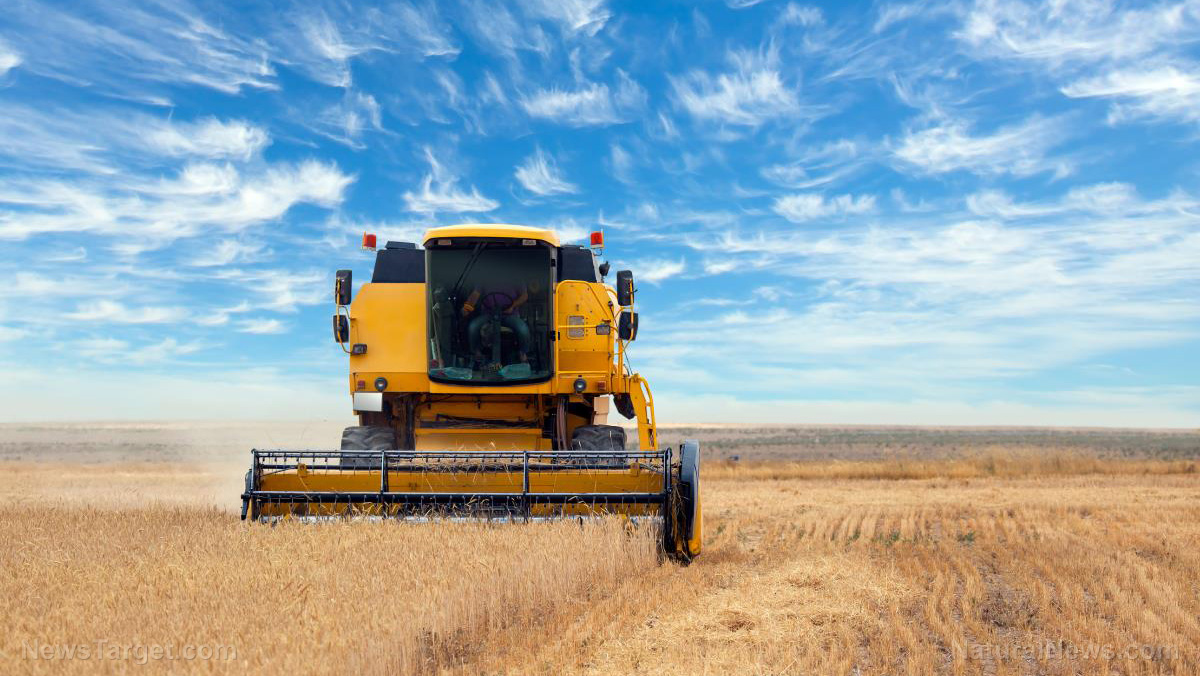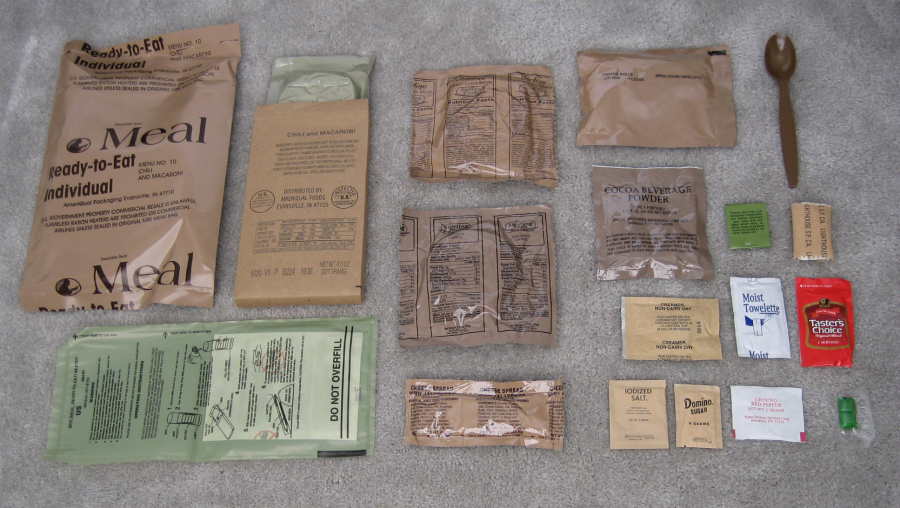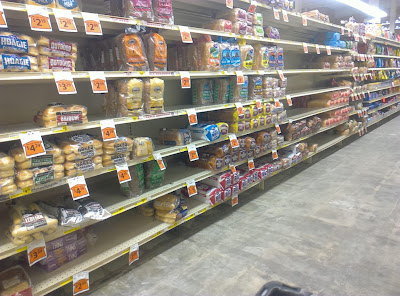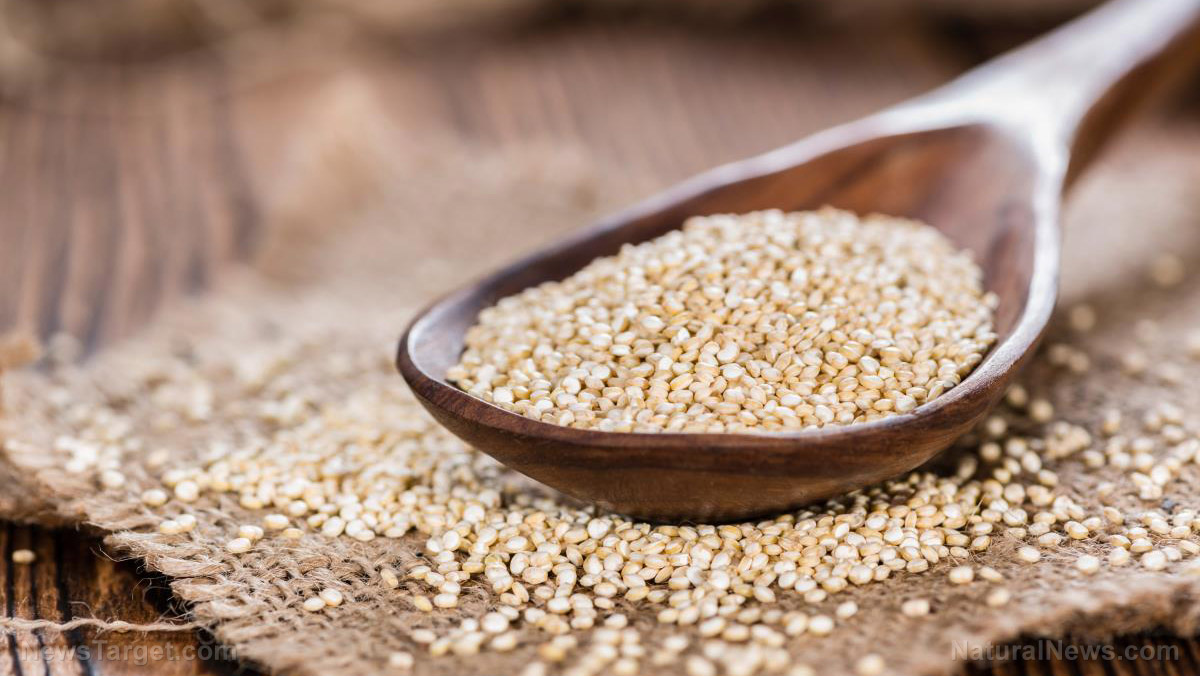American farmers are having trouble finding replacement tractor tires amid escalating supply chain woes
10/17/2021 / By Ethan Huff

A new and unexpected problem has emerged in America’s collapsing supply chain that is making it close to impossible for some farmers to continue growing food.
Spare tires for tractors are now in dangerously short supply thanks to the government’s never-ending Wuhan coronavirus (Covid-19) fascism.
For whatever reason, critical farming equipment and parts are either not getting produced anymore or not getting delivered to where they need to be, leaving farmers across the heartland in a major bind.
“You try to baby your equipment, but we’re all at the mercy of luck right now,” says Cordt Holub, a fourth-generation corn and soybean farmer in Buckingham, Ia, who now locks his machinery up inside his barn every night after thieves robbed hard-to-find tractor parts from a local Deere & Co. dealership.
Tractor tires, semiconductors and other vital components needed in the industrial farming sector are just not available like they once were, which threatens the ability of farmers to not only continue planting food but also harvesting it.
When equipment or machinery breaks, many farmers are now having to scramble to find some kind of workaround. Local welders and mechanics are often called on to try to rig something up just to get the job done, even if it is not a long-term solution to the problem.
Because machine tires have become so difficult to find, growers looking to buy used equipment are also asking for close-up photos of the tires to see how much tread is left. Those that are bare are often skipped over in favor of something newer.
“As harvest ends, we will see farmers at equipment auctions not for the machinery – but for parts,” says Greg Peterson, founder of the Machinery Pete website, which hosts farm equipment auctions.
“We’re already hearing from guys talking about buying a second planter or sprayer, just for parts.”
Is the American government intentionally trying to starve out the country?
Before the Fauci Flu was even a thing, the American government was already targeting the farming sector with obliteration by forcing tractor manufacturers to start building the machines with built-in obsolescence.
Much like a smartphone that turns into a “brick” after a certain number of software upgrades, the tractor industry was told by Big Brother that all new tractors must be made virtually impossible to fix. This forces farmers to have to keep buying new tractors, assuming they can find any.
Fast-forward to now and it seems obvious that this is a planned destruction of the farming sector. It is unclear how much longer the charade can go on before the entire industry collapses, leaving Americans starving without food.
Even irrigation supplies are in short supply, which means some farmers are no longer able to get water to their crops. Keep in mind that much of the country is still suffering under historic drought conditions.
“We were in the middle of a drought up here,” says Rami Warburton, who owns a small welding shop in western Washington.
Warburton says that she and her husband Bob have barely been able to keep up with all the orders coming from farmers who need something repaired, whether it be new fittings for irrigation systems or a new bucket for a bulldozer.
“At that time, they couldn’t wait to water their fields for a month. The crops will be dead by then.”
Since most products used in America these days come from China, all thanks to the globalist policies that Americans have been voting in for decades, the supply chain can now be easily weaponized, which is clearly what is happening.
The latest news about the engineered collapse of the global economy due to “covid” can be found at Collapse.news.
Sources for this article include:
Tagged Under: chaos, Collapse, COVID, embargo, food supply, Plandemic, starvation, supply chain, tires, tractor
RECENT NEWS & ARTICLES
EmergencyFood.News is a fact-based public education website published by Emergency Food News Features, LLC.
All content copyright © 2018 by Emergency Food News Features, LLC.
Contact Us with Tips or Corrections
All trademarks, registered trademarks and servicemarks mentioned on this site are the property of their respective owners.





















